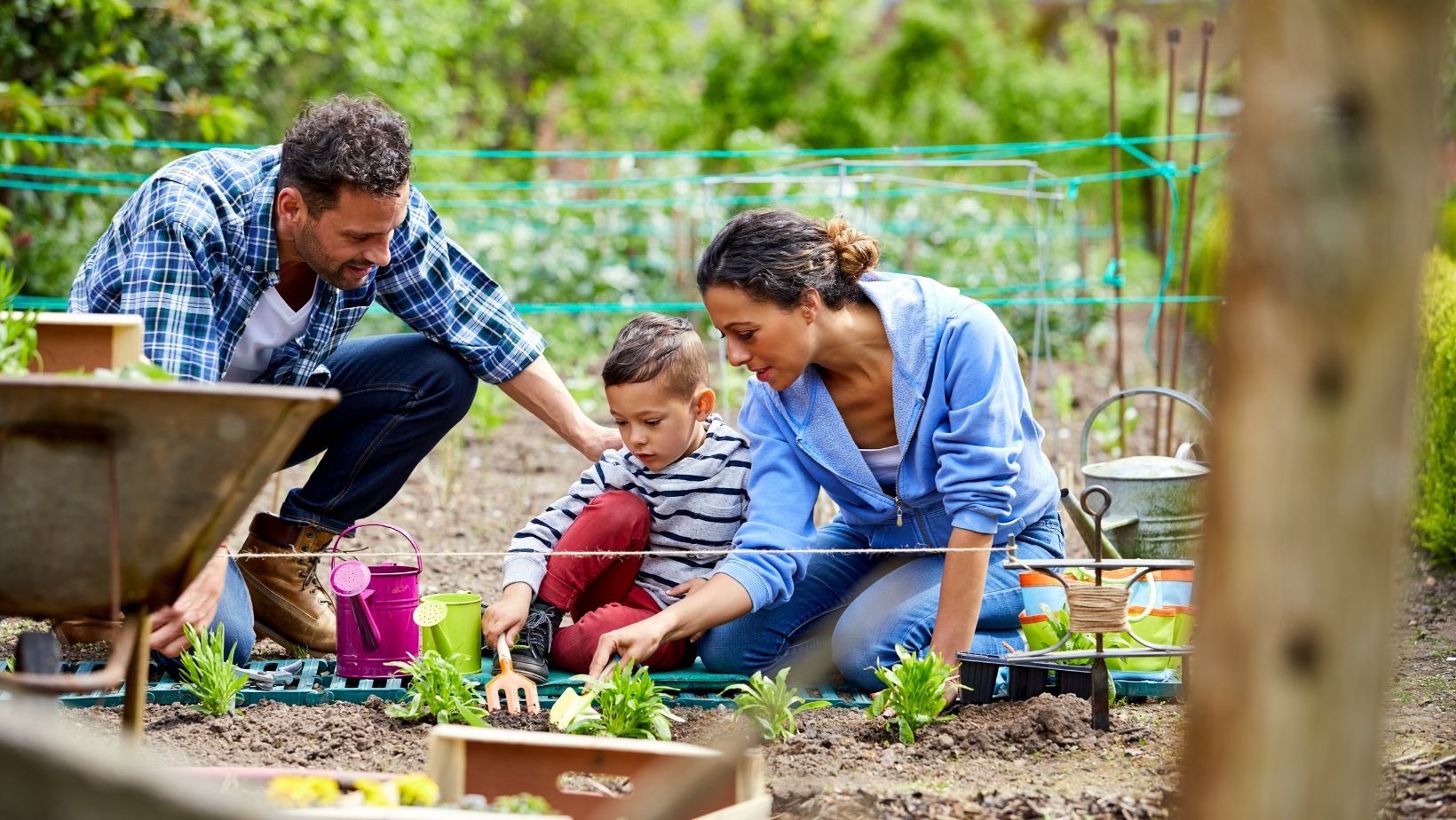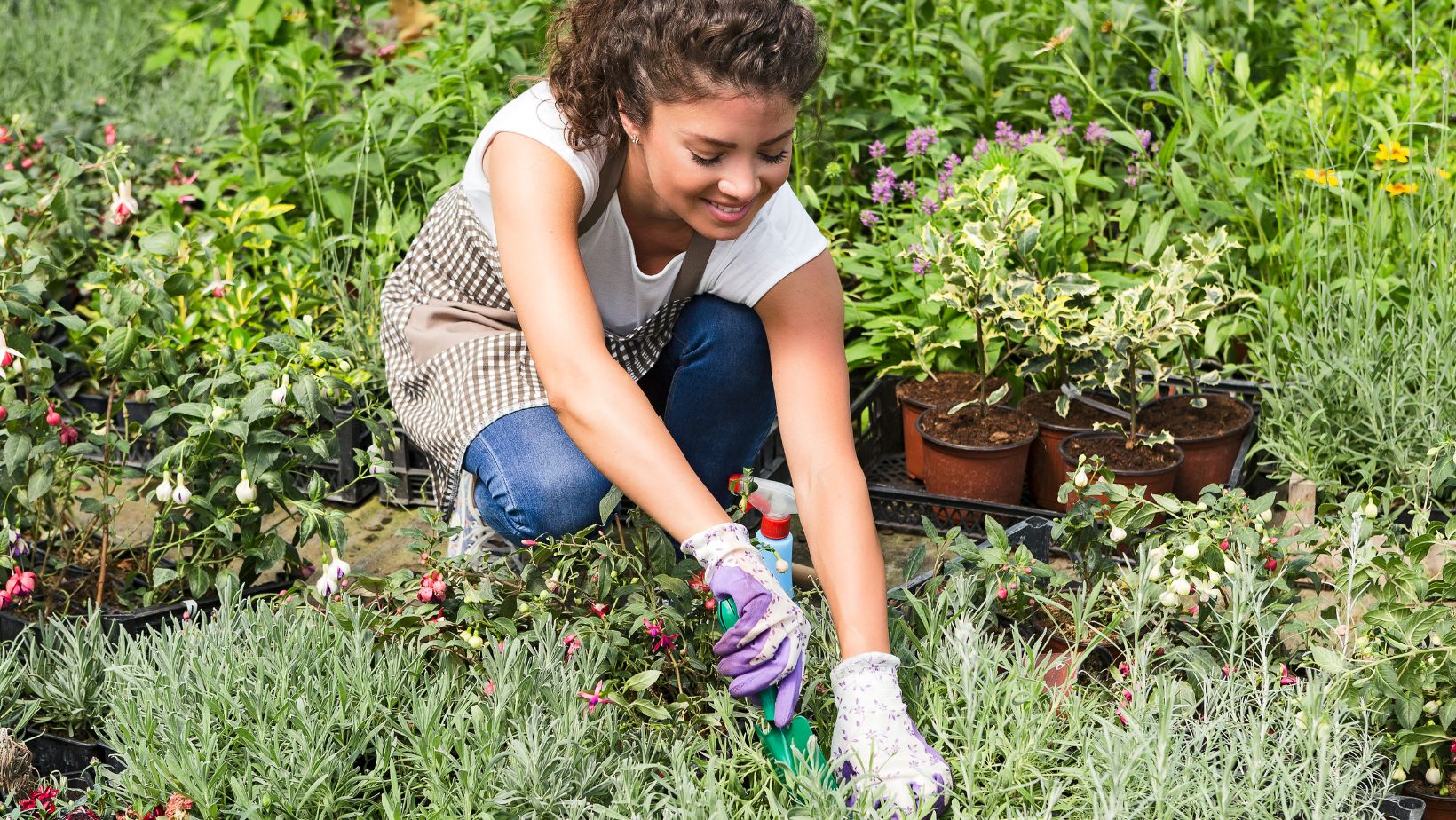5 Tips to Help You Get Started as a Beginner Gardener

Gardening is one of the most rewarding outdoor activities. With amazing benefits for both our physical and emotional well-being – it’s a hobby that everyone should get involved in.
However, if you don’t already have a “green thumb”, the process can seem rather daunting. Growing and maintaining plants isn’t easy, and there is a lot you’ll need to learn before you become successful.
Thankfully, it’s not impossible. Below, we are going to discuss five tips that will help you get started as a beginner gardener.
Invest In High-Quality Equipment
You won’t be able to garden without high-quality equipment. So, take a look at what you already have in the shed and write a list of the items you need.
It’s best to start with the basics, including things like:
– Gloves
– Pruning Shears
– Hand Trowels
– Spades
Once you’ve begun to get more confident, you can work your way up to larger projects. Whether it be one of these beautiful DIY greenhouses or a thriving vegetable garden – the options are endless.
Choose The Right Plants
Now that you have the necessary equipment, it’s time to choose some plants. As a beginner, try and look into those that are easy to grow.

You can discover fresh, natural seeds and plants on the Survival Garden Seeds official website. There, you can also learn about various plant families, suitable pairings, and the necessary growing conditions.
Herbs are a good option as they don’t require frequent maintenance. If you want fresh produce – tomatoes, cucumbers, and strawberries are worth a shot.
Prepare Your Soil
Good soil is the foundation of a healthy garden. Before you begin, remove any weeds, rocks, and debris so that you have a clean base.
If you’re going to be planting a lot of new crops, test the PH level to determine if it requires compost or fertilizer. Mulch is also a great addition to help retain moisture and prevent weeds from re-emerging.
Water Wisely
No garden is going to thrive without water, but it’s something that requires more thought than you think. Too much will drown your plants, while too little can dehydrate them.

As a general rule, aim to water at least once or twice a week (depending on the weather). You’ll want to moisten the soil to a depth of around six inches each time.
Monitor For Pests And Diseases
Pests and diseases can wreak havoc on your garden, so it’s important that you know how to identify them. Some of the most common symptoms include:
– Yellow, black, brown, or orange spots on the leaves.
– Unusual markings.
– Leaf curling.
– Low germination rates.
– Failure to thrive.
If you notice any of these, you should take action immediately before the damage becomes permanent. If you can’t get on top of the issue, it might be worth looking into a pest control service.
Final Words
If you’re feeling overwhelmed about beginning your gardening journey, try not to stress. Yes, it will take a lot of work and dedication, but the results are worth it.
After your patience and effort, you’ll soon have a beautiful and thriving garden that you can be proud of. Good luck!
What's Your Reaction?
Deepak is a lover of nature and all things sporty. He loves to spend time outdoors, surrounded by the beauty of the natural world. Whether he's hiking, biking, or camping, Deepak enjoys being active and in touch with nature. He also loves to compete and push himself to his limits. Deepak is an avid cyclist, runner, and swimmer. He has competed in several triathlons and marathons, and is always looking for new challenges to take on.



